The 67th session of the Commission on the Status of Women was held from March 6 to 17, 2023 in New York City, with the primary focus being the theme of “Innovation and technological change, and education in the digital age for achieving gender equality and the empowerment of all women and girls.” Hayat Mirshad, feminist activist and Executive Director of Fe-Male, joined representatives from Member States, UN entities, and non-governmental organizations (NGOs) from around the world in this global convening where she took part in four different panels focusing on various topics related to this theme.
One such panel was organized by Oxfam Novib and was titled “Reality Check! Accelerating gender justice and SRHR in the MENA region through digital technologies.” Panelists included Oxfam, Unicef, UNFPA, Raseef22, RNW Media, and Fe-Male’s Executive Director, Hayat Mirshad. During the session, Mirshad addressed a number of issues, such as societal taboos surrounding sexuality, conservative beliefs that limit women’s autonomy, and the enforcement of traditional gender roles that hinder proactive discussions on SRHR online. However, she also highlighted the opportunities that digital platforms present for feminist groups and activists, such as the ability to connect with like-minded individuals, raise awareness on critical issues, and advocate for change more efficiently and effectively.

Mirshad then discussed alternative feminist platforms in the MENA region, such as Sharika wa Laken pioneer regional platform, which offers an alternative narrative on women’s rights and gender equality issues in the region. Furthermore, she shared Fe-Male’s work in movement building and community mobilization, providing support to young people and groups to make informed decisions in relation to their bodies and SRHR rights, and ultimately lead the change in their communities.

Another panel was titled “Women Human Rights Defenders and Legal protections from Tech-facilitated Gender-Based Violence” and was organized by ICNL. Panelists from ICNL, Fe-Male, Women & Law, and the Free University of Berlin discussed how online spaces offer increased opportunities for civic freedoms, but how women’s meaningful participation is often hindered by online gender-based violence. Mirshad contributed to this discussion around how international law acknowledges the connection between OGBV, offline GBV, and the negative impact on women’s civic freedoms, and how WHRDs challenging patriarchal norms are especially vulnerable to OGBV.

The Norwegian Human Rights Fund and the Rafto Foundation for Human Rights also held an interactive session titled “WHRDs as game changers.” Participants provided input on recommendations to counter TFGBV and promote an enabling environment for WHRDs. Hayat Mirshad discussed the results of a survey Fe-Male conducted examining the perceptions and experiences of WHRDs in the MENA region concerning online GBV, as well as the initiatives that had been implemented to ensure digital safety for feminist, queer activists, and WHRDs in Lebanon and the region. The session also highlighted the success of Sharika wa Laken and the power of networking and cross-border campaigning in raising awareness and driving progress in the fight for gender equality and the empowerment of all women and girls.

Finally, Raseef 22 organized a panel titled “Socio-political representation of women: window dressing or real progress in digital MENA?”. The session showcased the importance of the Feminist Movement in advocating for the rights of the marginalized and the ability of online campaigns to bring about positive legal and social changes. The panelists including Mirshad discussed the role of online platforms in promoting gender equality and empowering women and girls in the MENA region.




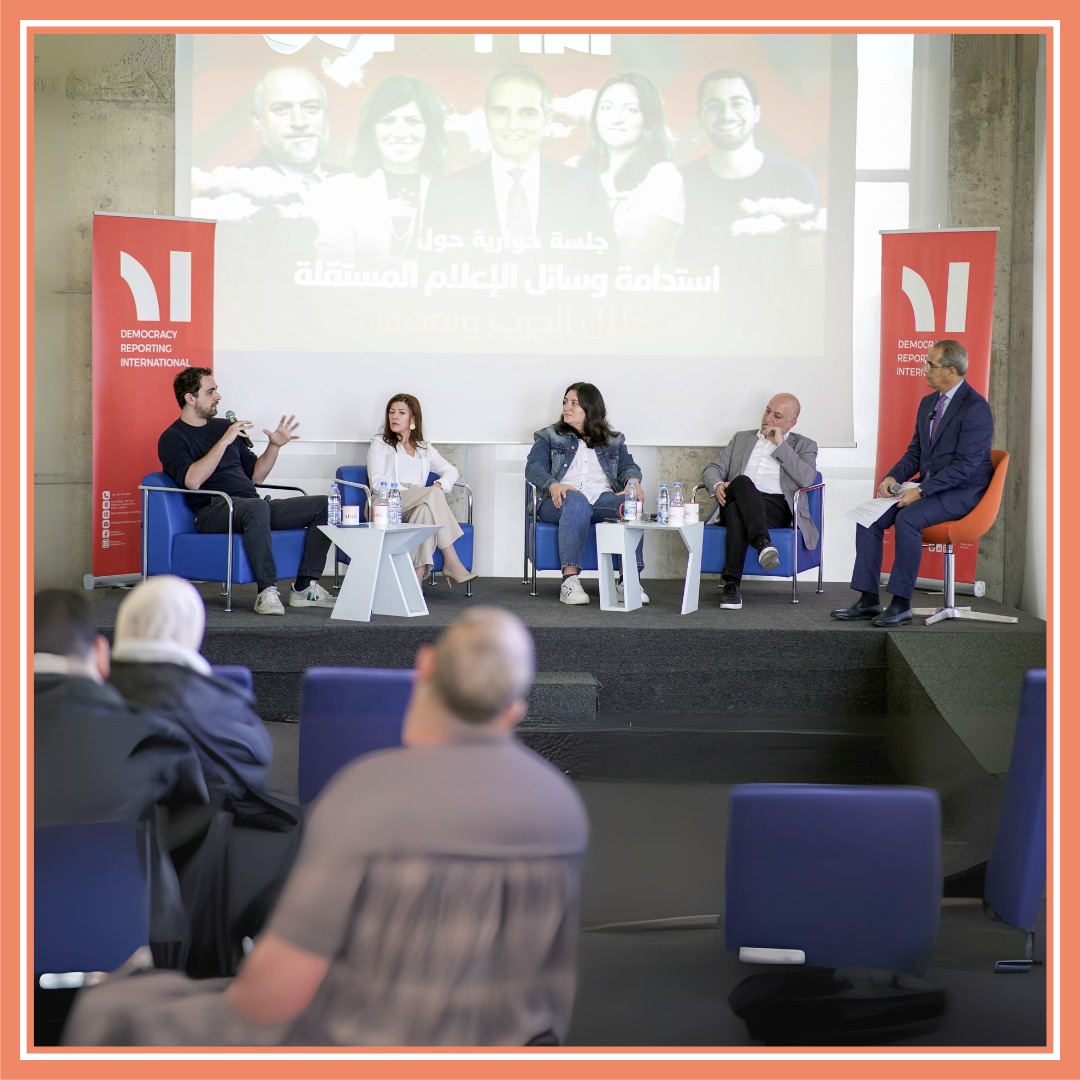
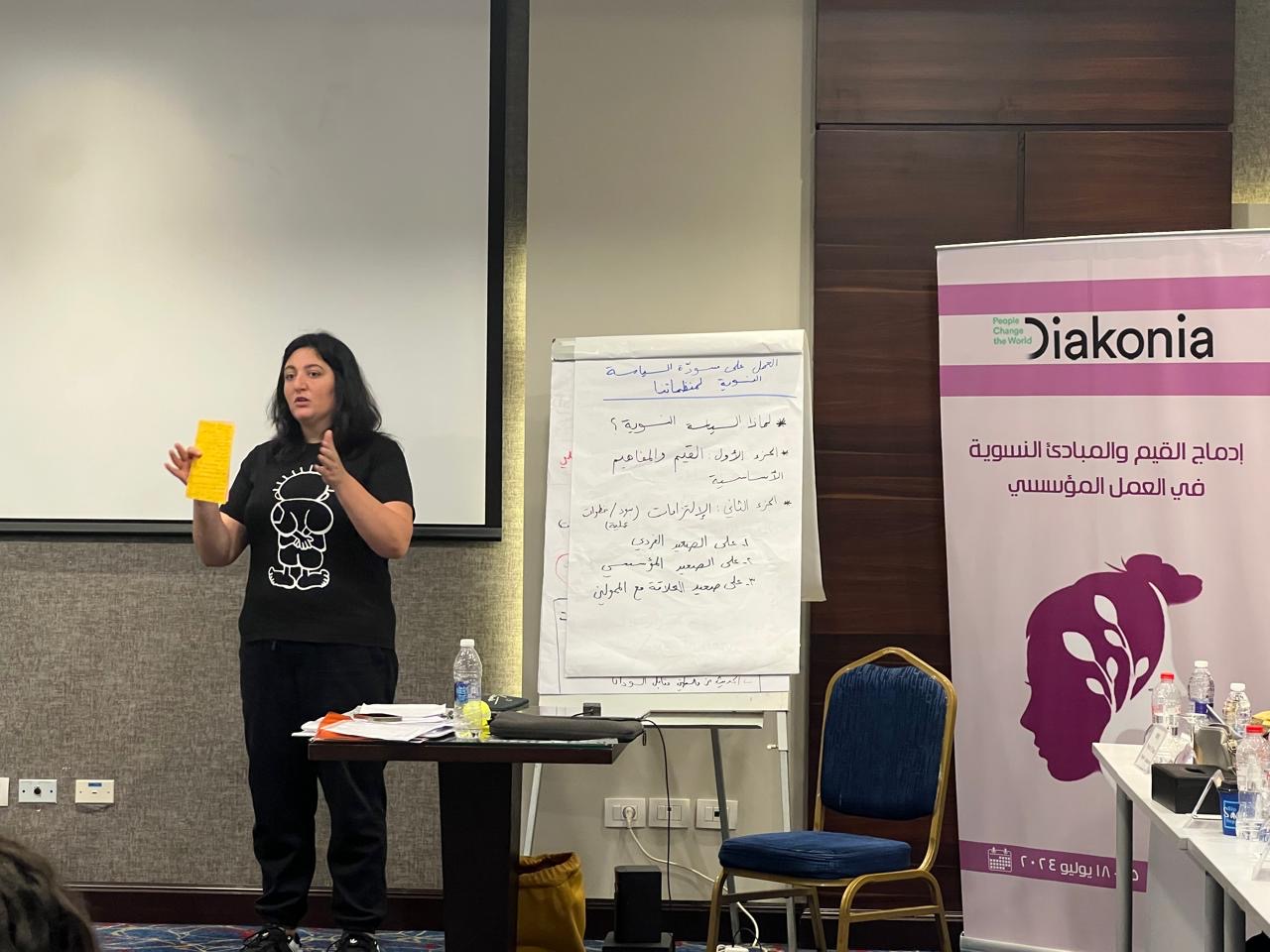
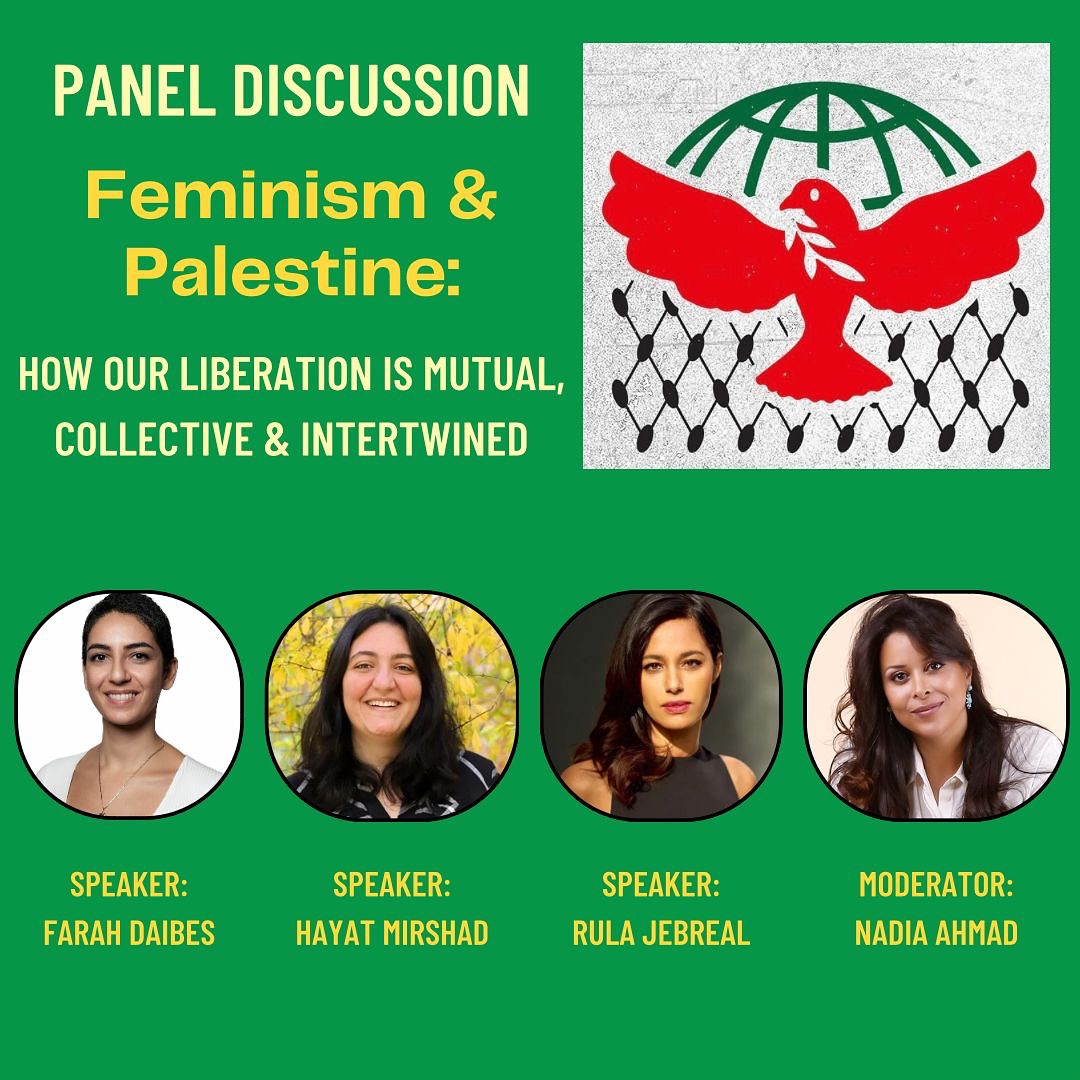

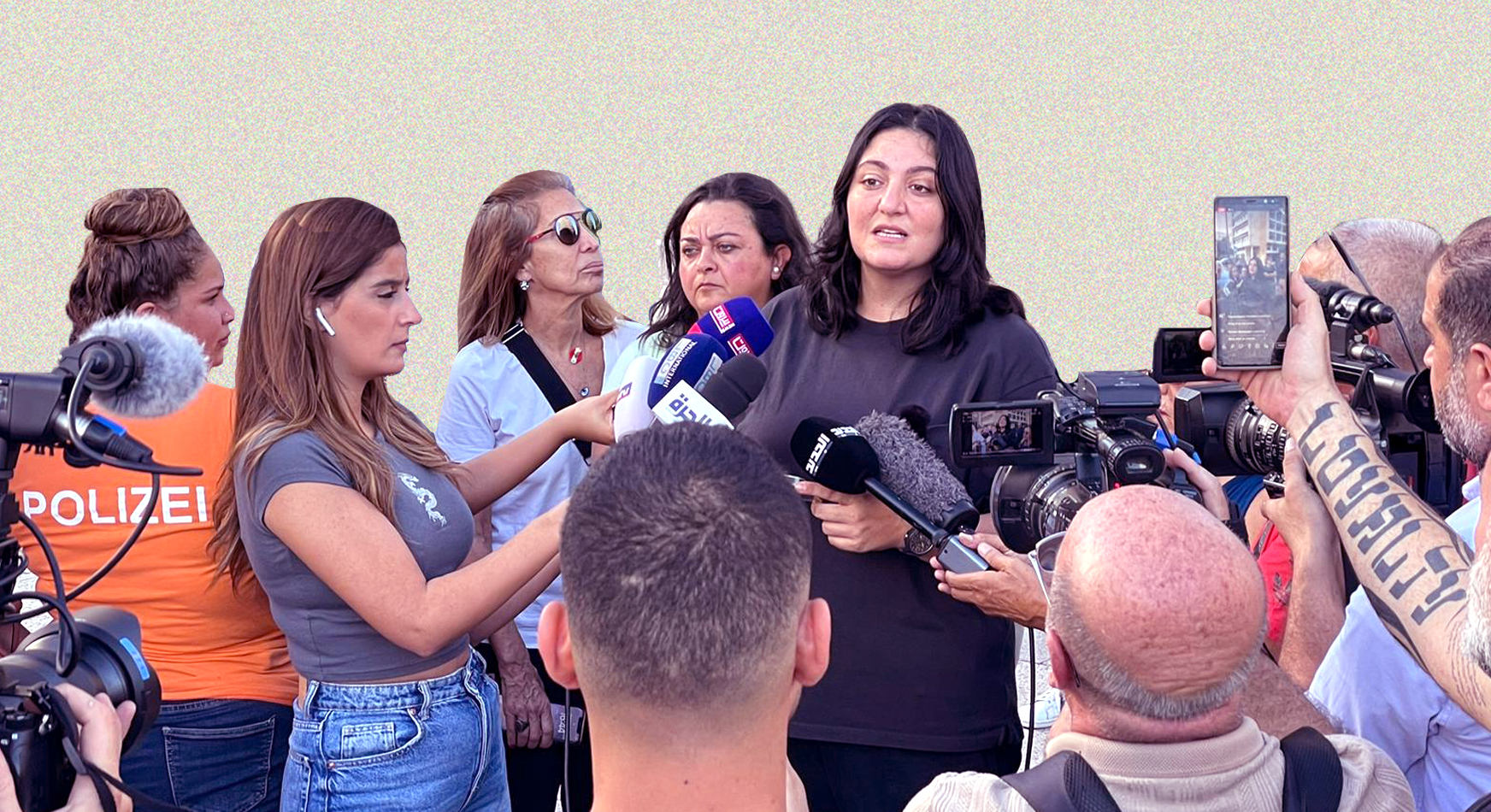
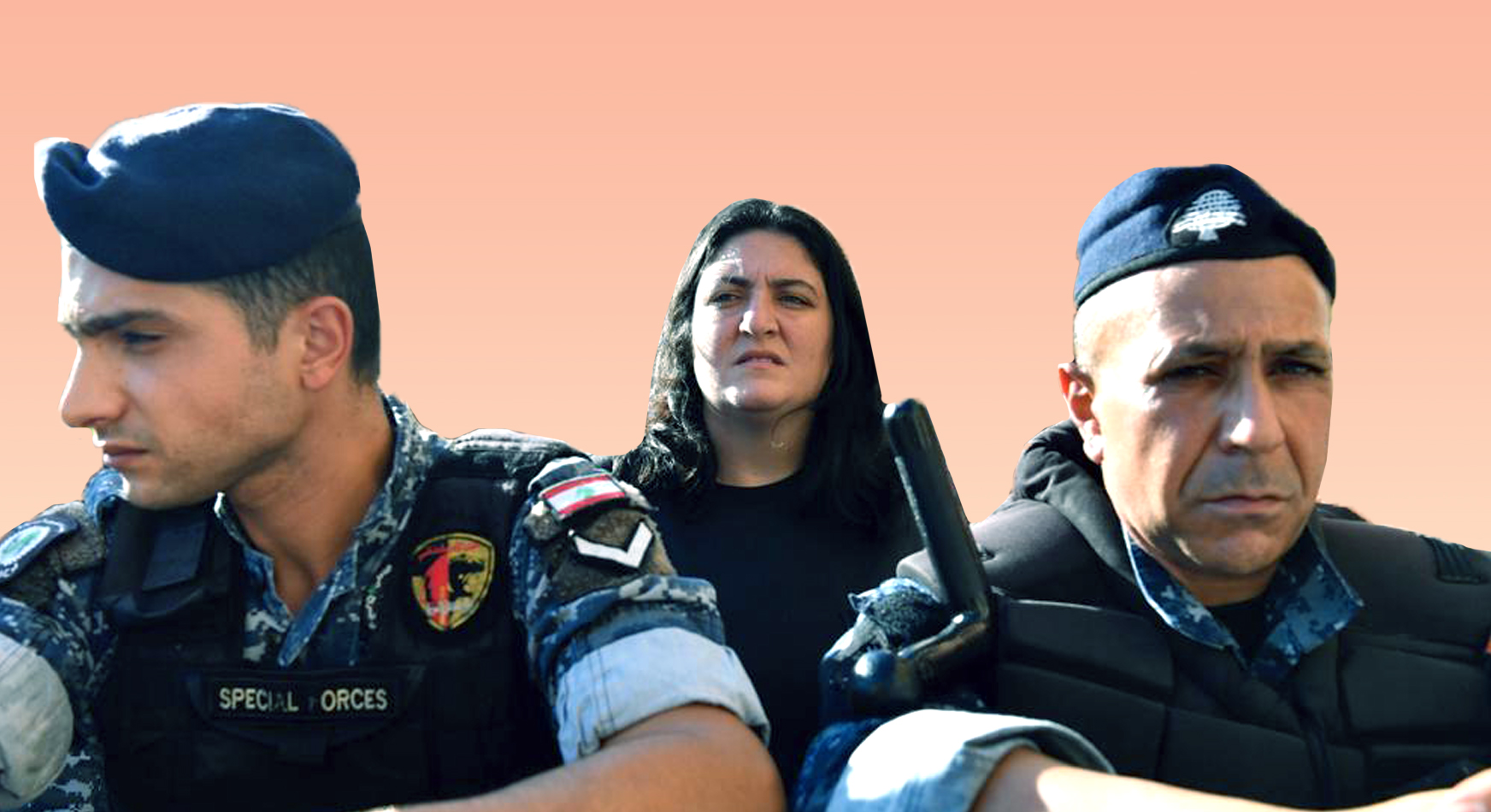
Leave A Comment